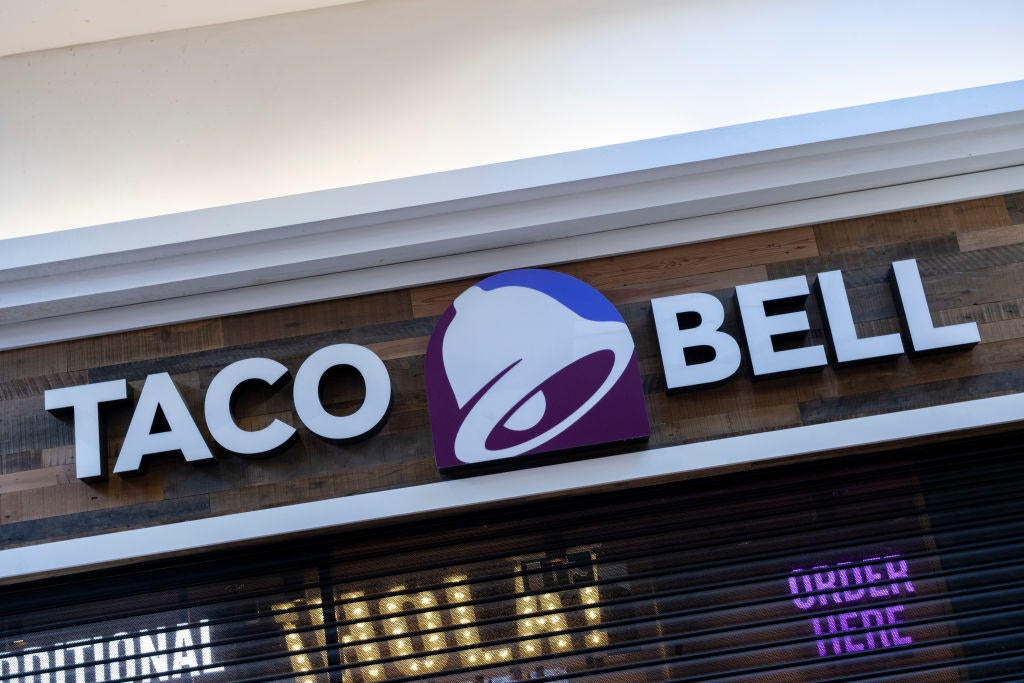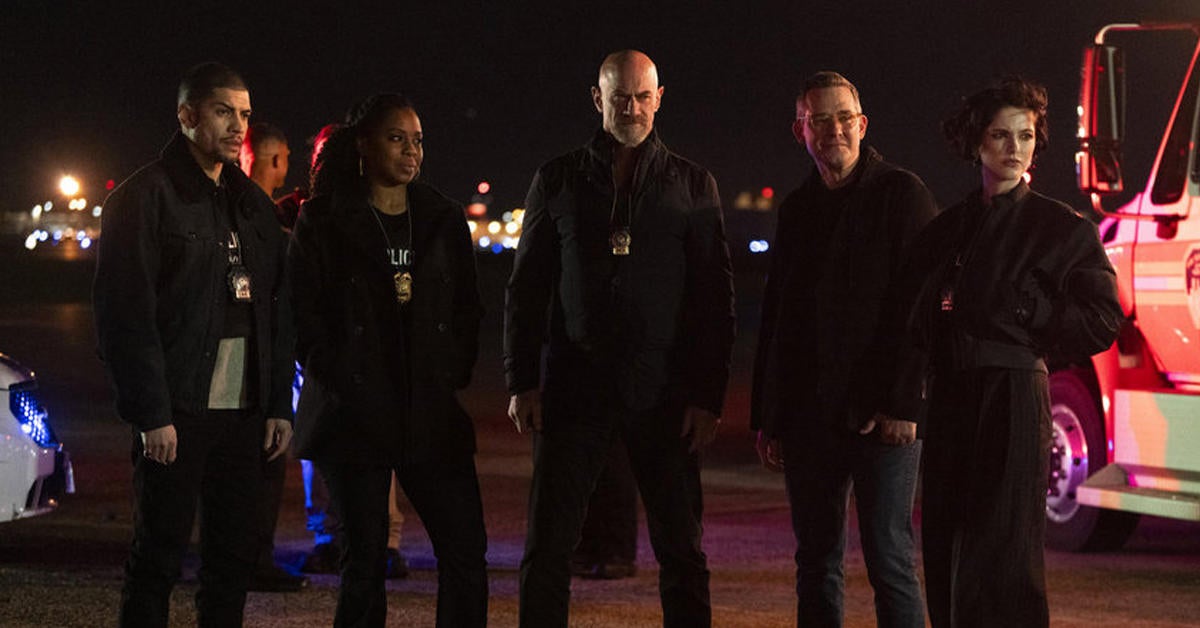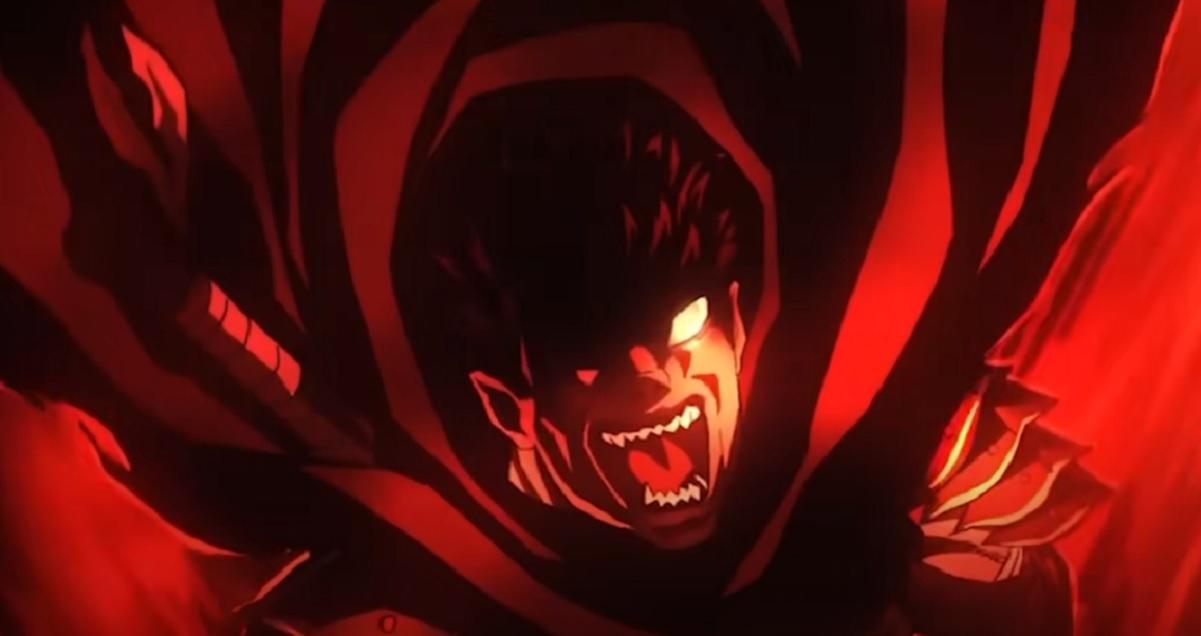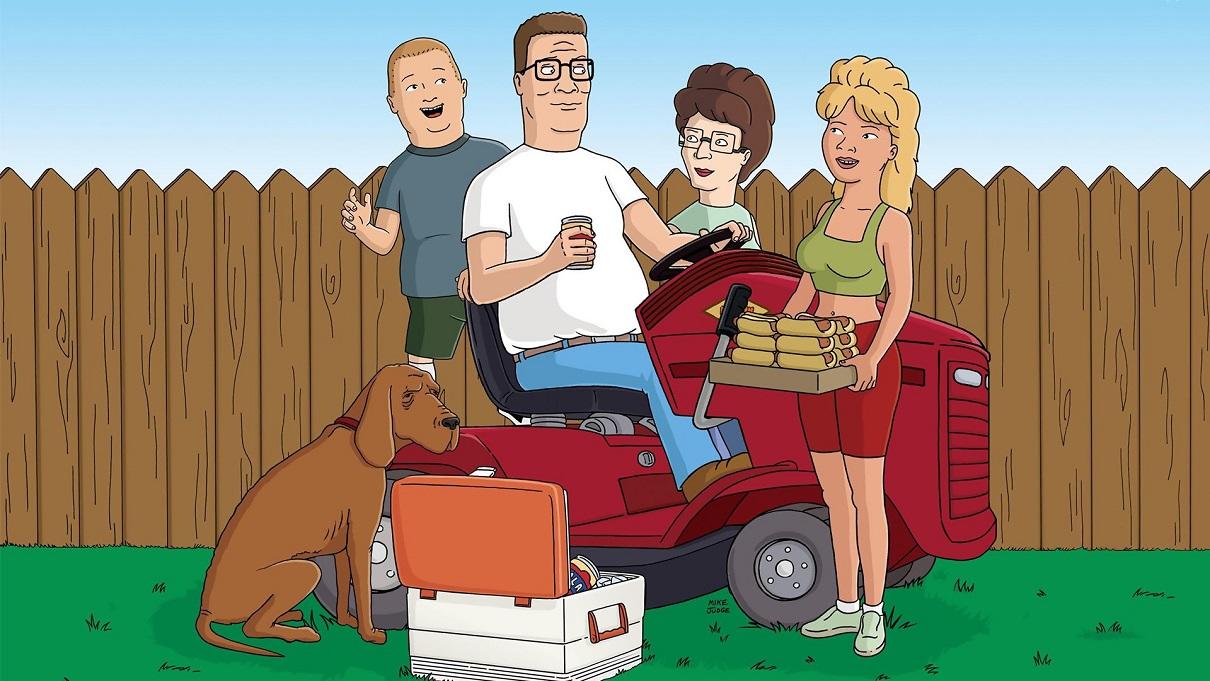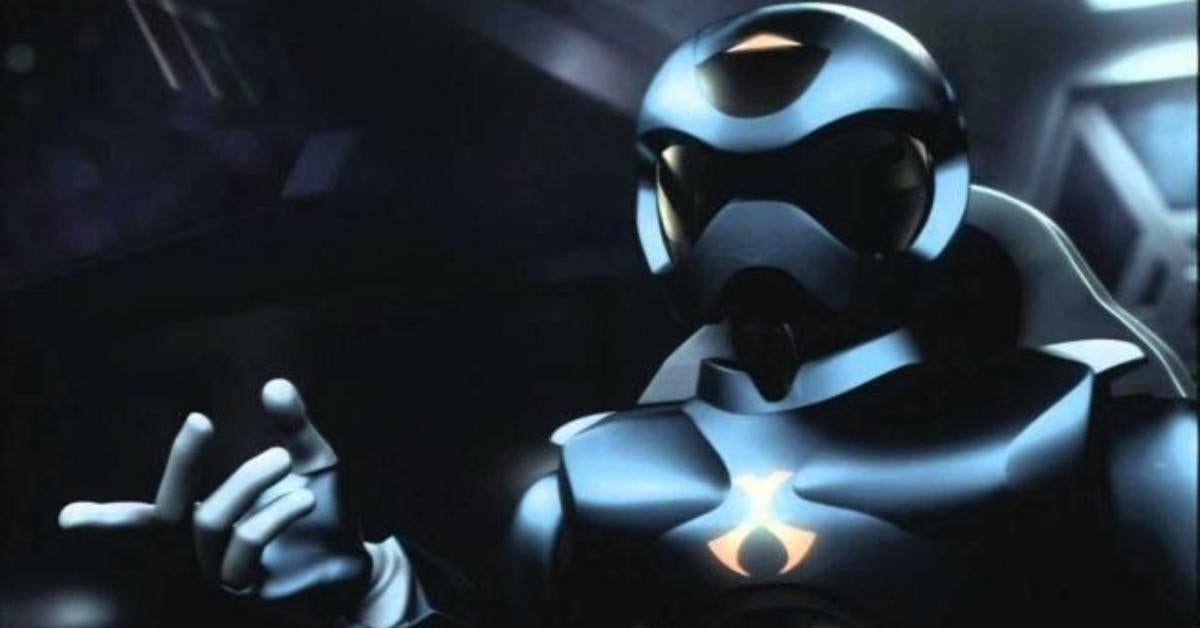Mark Waid Dismisses Man of Steel Compensation (Non-)Controversy
Having made a few snarky remarks on Twitter about the state of comics contracts last week, [...]

Having made a few snarky remarks on Twitter about the state of comics contracts last week, Superman: Birthright scribe Mark Waid found those words appropriated in articles and on social media yesterday, with some saying that he seemed to be publicly staking a claim to content in Man of Steel. And while there are some lines, images and story beats in Man of Steel that seem to come from Waid's Birthright, the writer clarified on his Thrillbent.com blog yesterday that he doesn't feel entitled to anything, regardless of how you might read between the lines of a couple of his comments. "The confusion about extra-media compensation arises in that [Paul] Levitz, while he was DC's publisher, made it a policy to cut respectable bonus checks to writers and artists, regardless of legal obligation, if elements from any of their stories (even work-for-hire ones) made it into outside media adaptations movies or TV shows," Waid wrote, explaining that contractually such payments were never required of DC. "Did you like the scene in Batman Begins where young Bruce Wayne climbs a Himalayan mountain holding a blue flower? Christopher Priest got paid for having come up with that. Or the scene where Bruce Wayne picks out a potential Batmobile from among his own holdings? That was lifted from a Chuck Dixon-written comic, and Paul sent Dixon a check to acknowledge that. Same with dozens of similar moments in cartoons, DVDs, and so forth and so on. It wasn't legally necessary, it was totally at Paul's discretion and only Paul knows what math he used to determine what he felt would be fair, but it was a goodwill gesture from an exec sympathetic to the creative community. And most critically, it wasn't a written policy or guarantee. It was a courtesy."

As much as creators may have enjoyed such courtesies, Waid said, the contracts that they signed--and he says he knows what he was getting into when he signed his--only promise payment for specific elements, such as newly-created characters (Chuck Dixon got paid for Bane's use in The Dark Knight Rises, for instance, and Waid suggests John Byrne might see something from the use of the Fortress service robot Kelex that he created in Man of Steel) and "straight and highly faithful adaptations" like The Dark Knight Returns animated features, for which Frank Miller certainly must have been paid. "DC has removed itself from the complicated business of having to evaluate how much certain adapted elements are 'worth' and instead simplified the system to 'pay' or 'don't pay,' with 'don't pay' the default. I would be lying if I said I wasn't disappointed to learn, for example, that I'd be receiving no compensation for the Justice League: Doom animated film even though WB was actively billing it as based on my and Howard Porter's JLA: Tower of Babel, but I couldn't be angry or resentful and have a leg to stand on. DC or its owners, Warner Bros., were not legally entitled to compensate me for re-use of dialogue or plots or concepts because there was no contract that said they'd have to." There's plenty more at the link above, including a plug for Waid's own free, digital comics company Thrillbent, which is, according to Waid, the kind of place that readers should be supporting if they're concerned about creators' rights.
